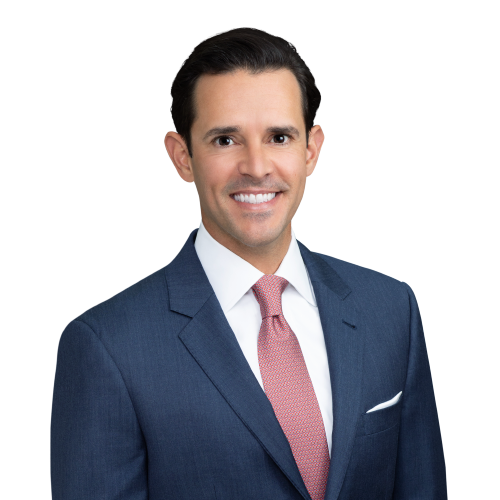Hillsborough County Voters Pass Transportation Surtax – And Now It’s June…
So what happened?
On June 17, 2019, a circuit court judge upheld the overall constitutionality of the transportation tax adopted by the voters, but ordered an amendment of the county’s charter to remove several provisions as the court found them to be inconsistent with general law and therefore unconstitutional. The court “severed” the language that it found problematic and kept the rest. In Florida, counties can pass laws and adopt county charter changes, but not in a manner that is inconsistent with the laws adopted by the state legislature.
What stays?
The court order allows the 1 percent sales tax to continue to be collected and used for transportation projects. The Independent Oversight Committee remains in place to review annual audits of the use of the tax, prepare annual reports, and review citizen proposals.
What goes?
The charter amendment as approved included a very specific allocation of how the sales tax collected could be spent, such as how much was to be spent by the local transit agency, how much for congestion reduction, and a series of other specific transportation uses. This allocation of funds was stricken by the court, and therefore the allocation of funds would now be done at the discretion of the Hillsborough County Board of County Commissioners. The Independent Oversight Committee’s power to approve project plans was also removed by the court, along with all of the specified prohibited uses that were in the charter amendment proposal, such as the limitation on using funds for highway lanes.
What’s next?
There is a possibility of appeals of the court’s decision by either side. If this court decision is the final word on the validity of the tax, then the debate shifts to the County Commission to see how the transportation tax funds will be allocated, with calls already being made to follow the formula approved by the voters.
We expect that the efforts in Hillsborough County will be discussed at future Community & Development Forums, hosted by the Carlton Fields Development Industry Group. Please reach out to us with any questions on these voter-approved changes and the tremendous impact they will have on Hillsborough County’s future.




